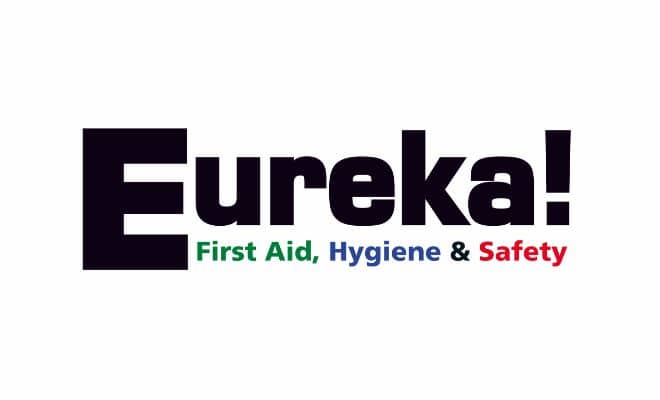A groundbreaking study, published in the Journal of Pharmaceutical Policy and Practice, has shed light on the economic advantages of precision medicine in oncology. The study, titled “Delivering the precision oncology paradigm – reduced R&D costs and greater return on investment through a companion diagnostic informed precision oncology medicines approach,” marks the first-ever comprehensive analysis of the economic impact of precision medicine in the marketplace.
Conducted by a team of precision healthcare economists and researchers, the study highlights the substantial cost benefits associated with precision medicine in comparison to traditional oncology medicines. The results strongly advocate for a reevaluation of the commercial model for precision medicines and their accompanying diagnostic/prognostic tests.
The research reveals that precision oncology medicines could offer a superior return on investment (ROI) for pharmaceutical research and development (R&D) compared to their one-size-fits-all counterparts. Notably, it costs over $1 billion more in R&D expenditure to develop an oncology medicine without the guidance of clinical trials using a companion diagnostic (CDx), as opposed to adopting a precision oncology approach. This finding suggests that CDx-guided precision oncology approaches deliver better value to payers, patients, and the pharmaceutical industry.
Professor Mark Lawler, co-lead of Health Data Research UK’s Big Data For Complex Disease Research Driver Programme and senior author of the study, emphasises that precision medicine can provide affordable care for cancer patients. Adopting a precision oncology CDx-guided approach has the potential to lower clinical trial attrition rates, reduce ineffective treatments with significant side effects, and offer cost-effective healthcare solutions.
The study underscores the economic impact of precision medicine, with significant cost savings in research and development. By directing investment savings toward better testing and cost-effective health systems, precision medicine has the potential to benefit a larger number of patients.
While precision medicine has shown promising results, the study also acknowledges the existence of clinical practice gaps in CDx testing. Inefficiencies in the diagnostic pathway have constrained the revenues of precision medicine, as less than 50% of eligible patients currently have access to these treatments. Overcoming these barriers and implementing new operating models will be crucial to ensure that cost-effective precision oncology approaches reach all target patients.
The findings of this study hold substantial implications for the pharmaceutical industry, suggesting the need for new business models that support robust tumor testing, equity-based pricing systems, and the development of precision oncology medicines that provide significant clinical benefits.
The study was supported by a grant from Health Data Research UK (HDR UK) and funding from Queen’s University Belfast Foundation.
The full paper can be accessed here






